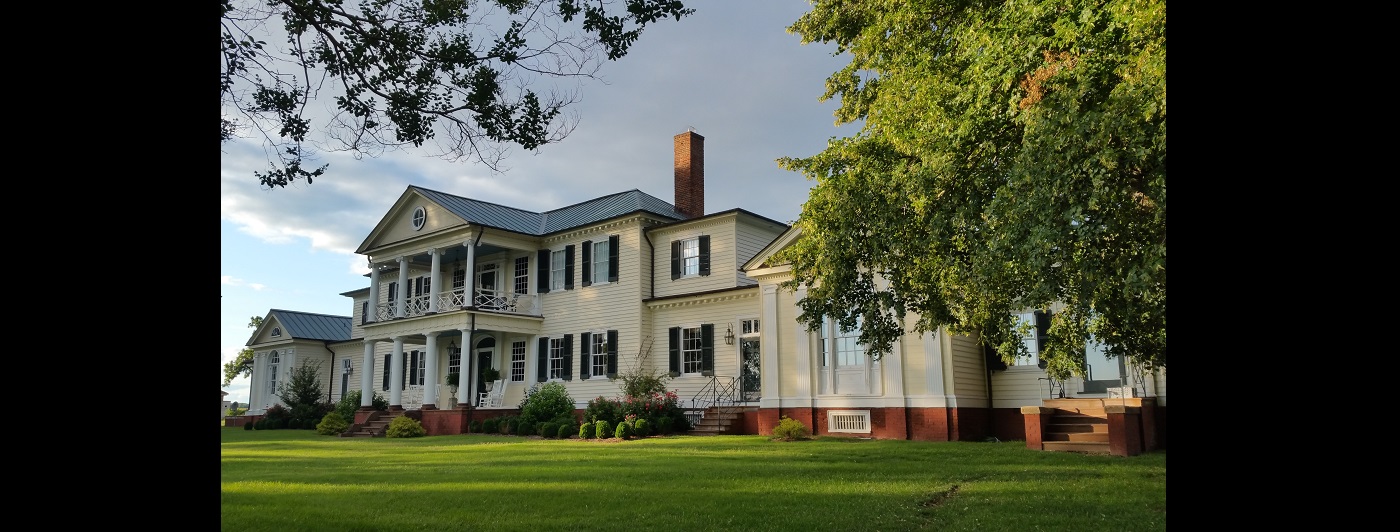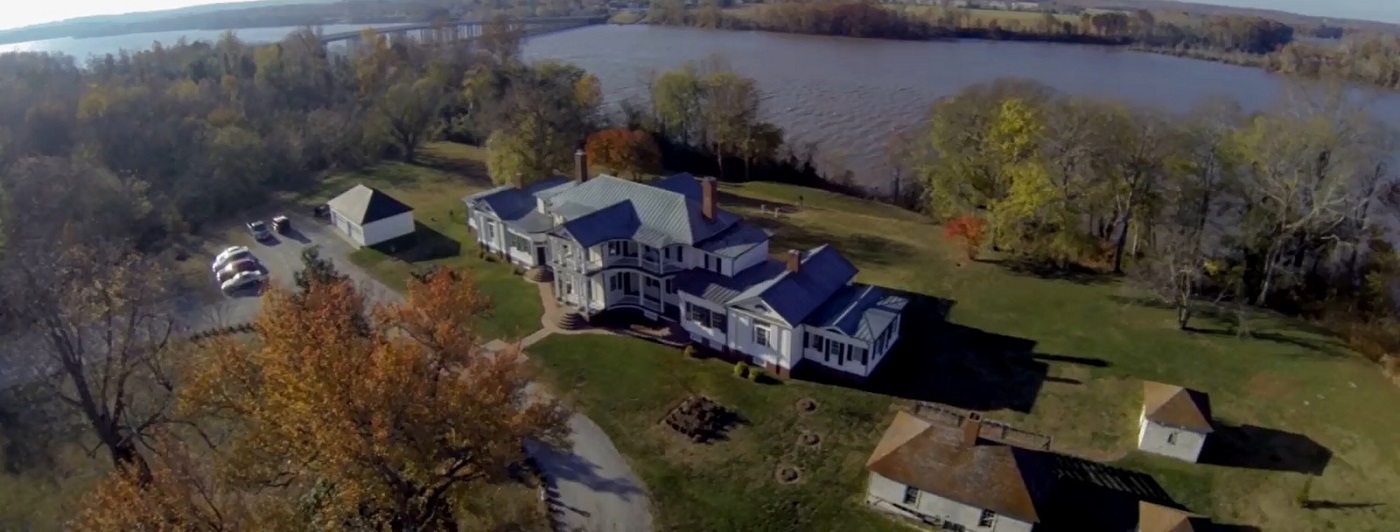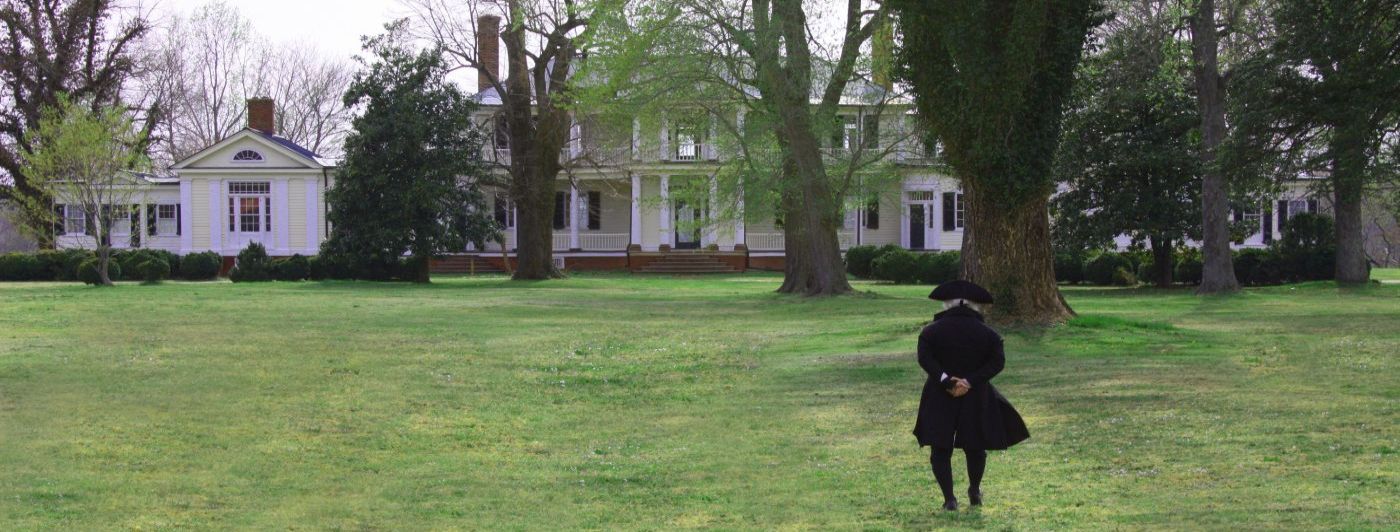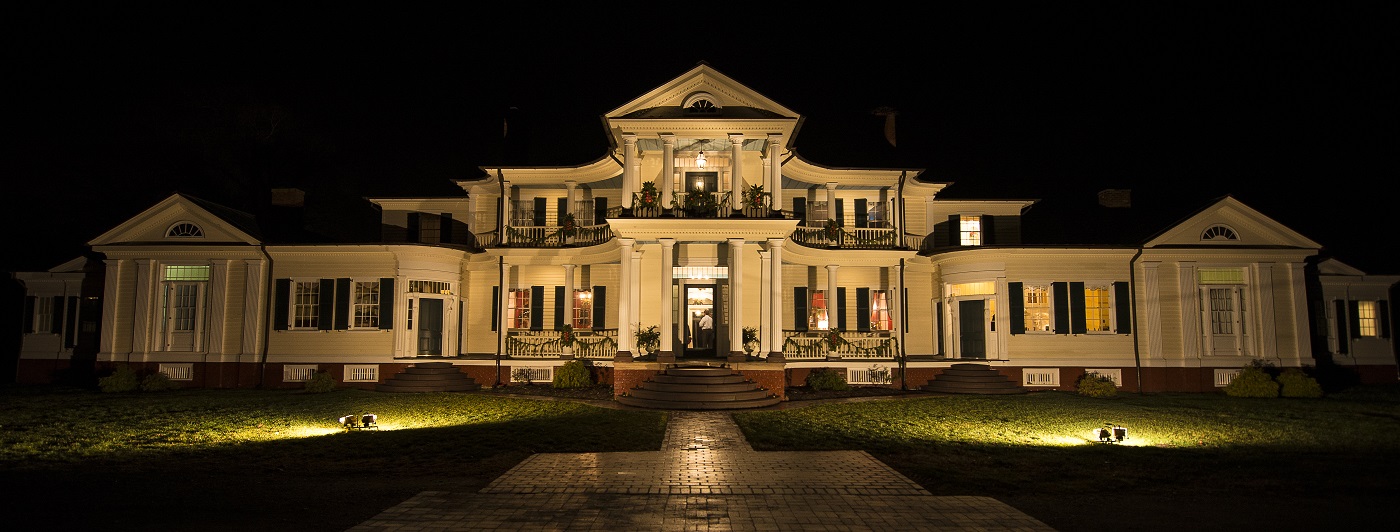Family Feud
There is one more story I want to tell you about before we move on to a new family at Belle Grove. This story involves Francis Fitzhugh Conway, son of Captain Francis Conway, founder of Port Conway and his wife Elizabeth Fitzhugh Conway. This story takes place several years after the Conway’s had already sold the plantation to the Hipkins-Bernard family in 1791.
After Captain Francis sold Belle Grove, he and his family moved to a plantation in Caroline County called Mount Scion. This plantation had been in his family for some years, have been built by his father, Francis Conway on a piece of land that was part of a land grant to his grandfather, Edwin Conway. In 1794, Captain Francis Conway passed away. Elizabeth Fitzhugh Conway would remarry to Colonel James Taybil, date unknown.
Another person involved in this story is William Thornton. William was a cousin of Francis Fitzhugh Conway. Their connection was through Francis Thornton, who married Alice Savage and was the second owner of Belle Grove. William’s Great-Great Grandfather, Rowland Thornton Sr. was Francis Thornton’s brother. Francis Thornton was Francis Fitzhugh Conway’s Great-Great Grandfather.
The incident in question was a duel between cousins. This form of dueling started in Early Modern Europe. It general started with an offense occurring to which the offended would demand “satisfaction” from the person who had caused the offense. The person who was offended would signal his displeasure with an insulting gesture such as throwing a glove down before the other person. This is where the phrase “throwing down the gauntlet” come from.
The two parties would then select a second to represent them and a field of honor would be determined. The weapon would then be selected. The seconds would later check the weapons before the duel and then make sure the rules were followed. The offended would then select the conclusion of the duel. This could be one of the following out comes:
- To first blood, which means the duel would end as soon as someone was wounded, even if the wound was minor
- Physically disabled opponent
- To the death
In the case of pistols being used as a weapon, there would be one round of shots fired. If neither were hit, the challenger would have the right to stop the duel or to continue until one or both parties were wounded. It was considered barbaric to shoot more than three times so few duels ever went beyond that.
The story of Francis Fitzhugh Conway and William Thornton occurred in December of 1803. The offense involved the affections of another cousin. Now I have read this story and the name of the cousin has been different in a few of them. The first story I read states the name of the cousin was Lucie Madison. The other name I saw as Nellie Madison. In doing some research, I have concluded that Lucie was far too young to have been the object of affection. At the time of the incident, Francis was 31 years old, William was 25 years old and Lucie would have been only 3 years old. On the other hand, Nellie Madison would have been 19 years old and a more appropriate age. Nellie Madison was the daughter of James Madison’s brother, Ambrose Madison, making her James Madison’s niece and cousin of both Francis and William.
The offense occurred in Fredericksburg, Virginia at Chatham Manor. Nelly was visiting the manor for Christmas and there must have been a Christmas party that both gentlemen were invited to. Both gentlemen had arrive on horseback and had had their horses stabled. To impress Nellie, Francis had purchased a new bridle (some stories say saddle) and had planned to unveil it that evening to Nellie. Francis had made the mistake though of boasting about the purchase before hand to which William heard.
When it came time for the gentlemen to leave, the horses were brought out. But to Francis’s surprise, the groomsman had switched the bridles. William’s horse had the new bridle on and it made a great impression on Nellie. Francis quickly accused William of the deed stating that he had bribed the groomsman to make the switch. William’s denials only aggravated the disagreement. Feeling offended, Francis challenged William to a duel. The duel was settled to occur at Alum Spring with pistols. John Spotwood Wellford, William’s half brother acted as his second. It is not known who acted as Francis’s.
The site they chose is a narrow pathway between a rock cliff and a pond. There was only one round of shots fired. Both shoots found their mark. Both gentlemen were wounded in the lower abdomen.The pistols belonged to Robert Patton, who after the duel threw them into the river opposite of the old mill. William was able to make it back to Fredericksburg to his stepfather Dr. Robert Wellford’s home. In fact, one of the witnesses stated that William did not even know he was wounded until he reached home and found blood in his boots. It is unsure if Francis died on the spot or if he was taken back to town and died. William lingered for two days and then died. According to family tradition, William and Francis both dead from their wounds the same hour. It is also said by family tradition that William had a miniature of Nellie Madison on him at the time of his death.
It is said that Nelly would never speak of the incident with anyone as would anyone connected with her. Her feelings for either of the gentlemen were never known. Nelly would later marry Dr. John Willis.
Family tradition says that Elizabeth Fitzhugh Conway had a premonition of the death of her son. She woke and told of a dream of a man riding up on a white horse to give her the news of her son’s death. Shortly after she walked to the window to see the messager riding up. She fainted at the window.
William Thornton was buried on Willis Hill, but sadly no markers can be found for him. Mary Thornton, sister of William, cut a lock of William’s hair and placed it in a gold locket with the inscription “William Thornton, born 24 September 1778, died 27 December 1803. You that have lost a Brother pity me”. It is thought that Francis was laid to rest with his father in the family cemetery on Mount Scion.
A few days later the Virginia Express Newspaper in Fredericksburg, Virignia ran this article:
“Thursday, December 29, 1803
With infinite regret, we communicate to the public, an event, the most distressing in its nature, and fatal in its consequences of any within the compass of our recollection. On Monday last Mr. William Thorton and Mr. Francis Conway met, in consequence of a previous misunderstanding, in the neighborhood of this town, and sorry are we to announce that the event proved fatal to both parties. By their untimely fate two weeping Mothers are left to deplore the loss of two dutiful sons, their children two affectionate brothers, and society two most promising citizens. The surviving relations are in a situation easier to be imaged than described. We sincerely regret the frequency of a custom so prevalent in our country, and hope the melancholy catastrophe, here related, will prevent others from endangering their own lives, or embittering the days of their surviving relations.”
Two months later the Virginia Hearld newpaper carried a notice that a brace of brass-barreled pistols were found near Alum Spring. It was undetermined if they belonged to Francis and William or could have belonged to another duel that occurred there.










